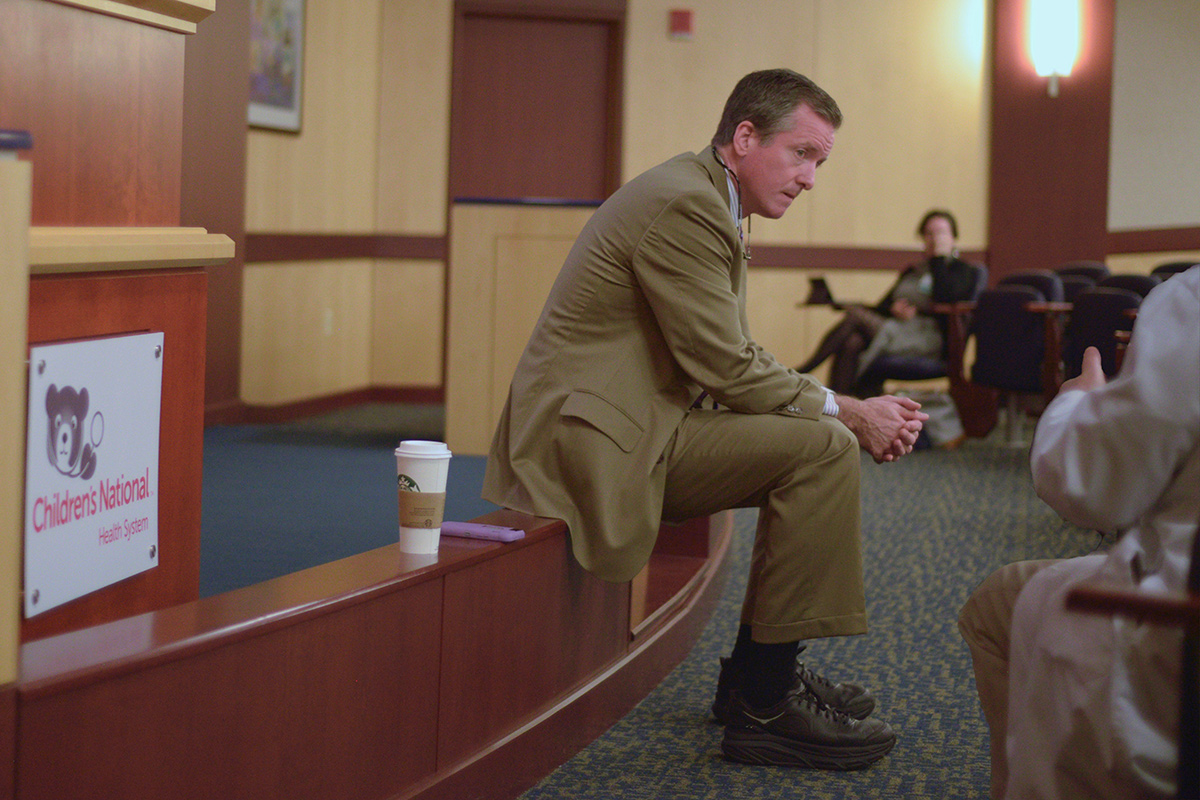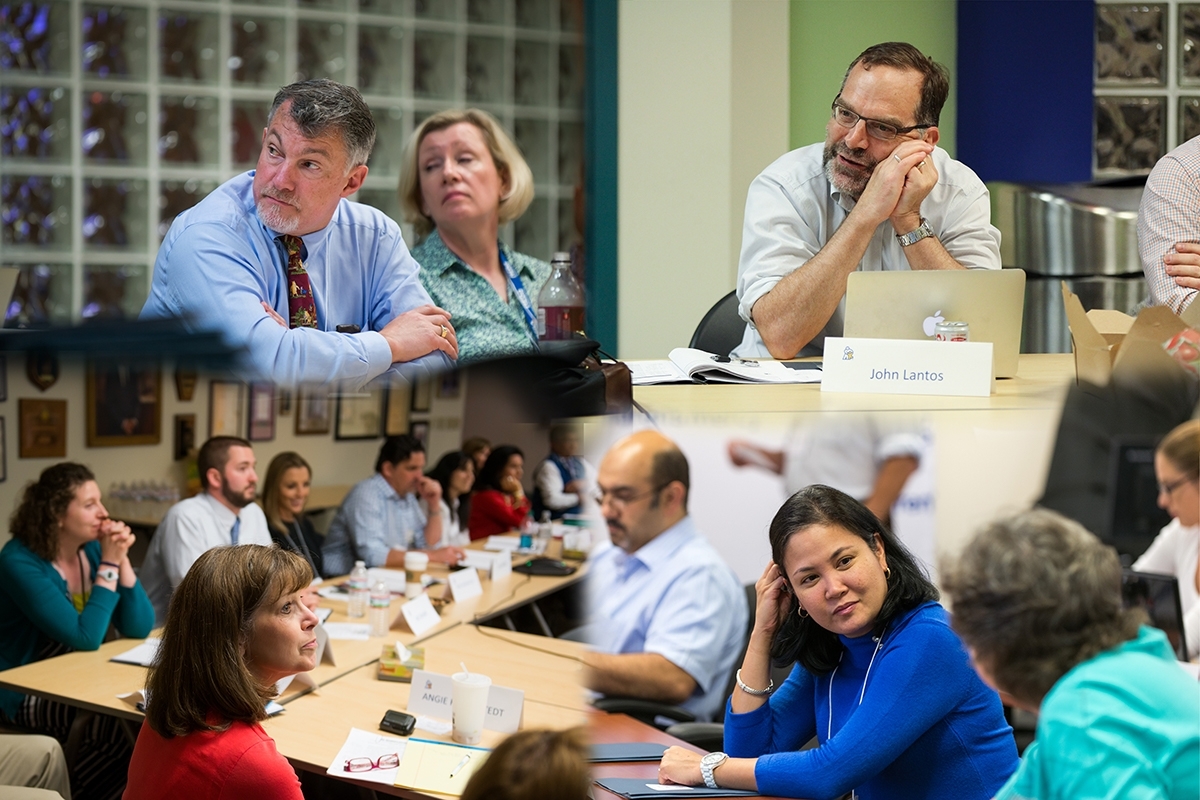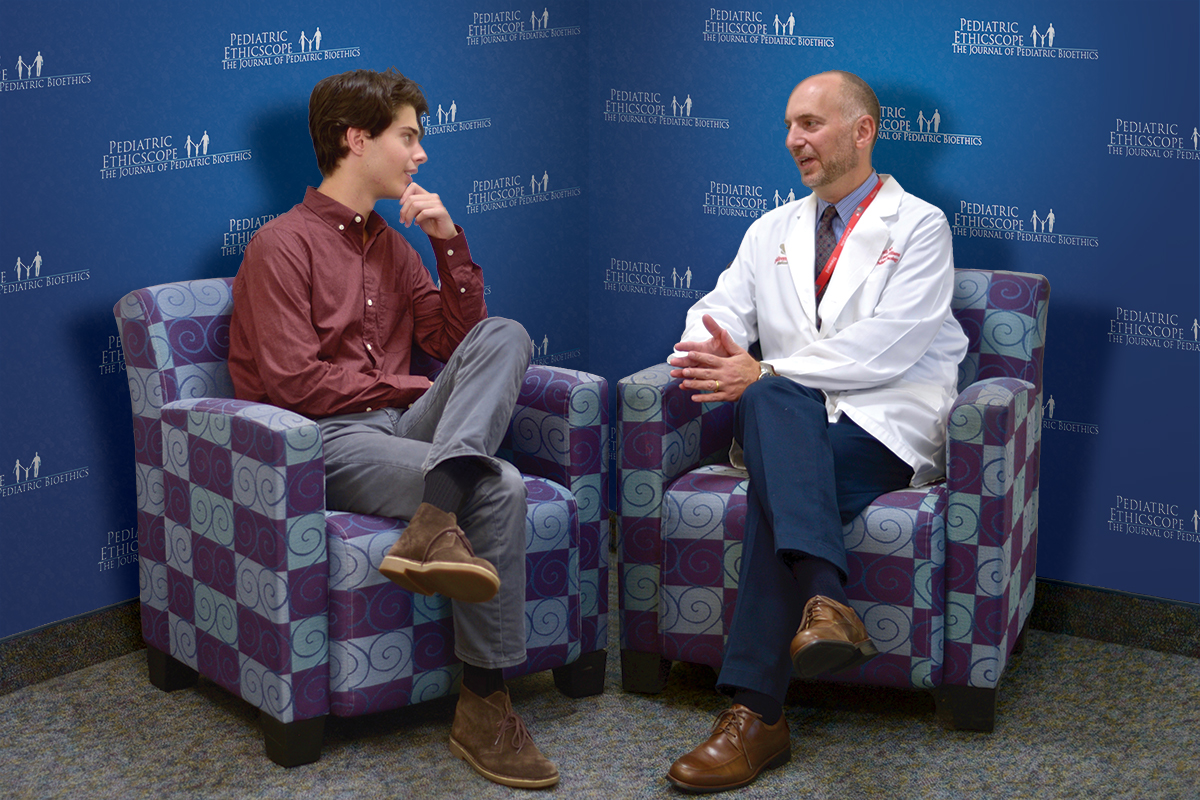
Chris Feudtner MD, PhD, MPH delivered the Sanford L. Leikin Memorial Lecture in Pediatric Ethics at Children’s National Medical Center. Here he discuses a case brought by one of the hospital units.

Chris Feudtner MD, PhD, MPH delivered the Sanford L. Leikin Memorial Lecture in Pediatric Ethics at Children’s National Medical Center. Here he discuses a case brought by one of the hospital units.

The decision to discuss sudden unexplained death in epilepsy (SUDEP) presents a complicated ethical picture with potentially conflicting principles. The neurologist must decide how to disclose and discuss the problem of SUDEP, balancing the desire to help families by empowering them, without doing harm by overwhelming them with fear.

Children are important participants in genetics research, and in genetics research involving children, IRBs must address the primary issues of privacy, confidentiality, informed consent, and the return of results.

In 1995, the medical establishment concluded genetic tests in minors should not be done outside of diagnosis of a treatable disease. The AAP concluded likewise in 2001 and 2013. A new phenomenon is emerging: young women of BRCA positive mothers are requesting genetic testing, and positions have softened with the recognition that some exceptions can be justified.

Since Henry Beecher’s 1966 revelation of the scandal at the Willowbrook School, the ethics of biomedical research involving pediatric subjects has never been the same. Throughout history, the conversation about non-therapeutic pediatric research has moved from access to protection only to return to access once more.

The ethical issues in pediatrics can vary considerably from those in adult medicine. Thus, ethics education generalized for adult care is not necessarily relevant to the specific issues that arise in pediatric settings. The Children’s Mercy Bioethics Center’s Certificate Program in Pediatric Bioethics is the only program in the world that focuses exclusively on pediatrics.
Overview of Pediatric Ethicscope 2017 Volume 30 Number 2: Shortages of drugs, surpluses of ethical challenges; the new normal in pharmacy; interview of Jeffery Dome; the reasons underlying the drug shortage crisis.

Shortages of life-saving chemotherapeutics and supportive care agents are pervasive and enduring. These shortages represent a true public health crisis, and surprisingly, have failed to garner greater attention within the medical community or the public at-large.


The issue of drug shortages can be framed as those who wish to ensure drug availability in virtue of dedication to the patients’ interests, on one hand, and those who herald economic responsibilities, on the other. A historical and philosophical account of the problem.